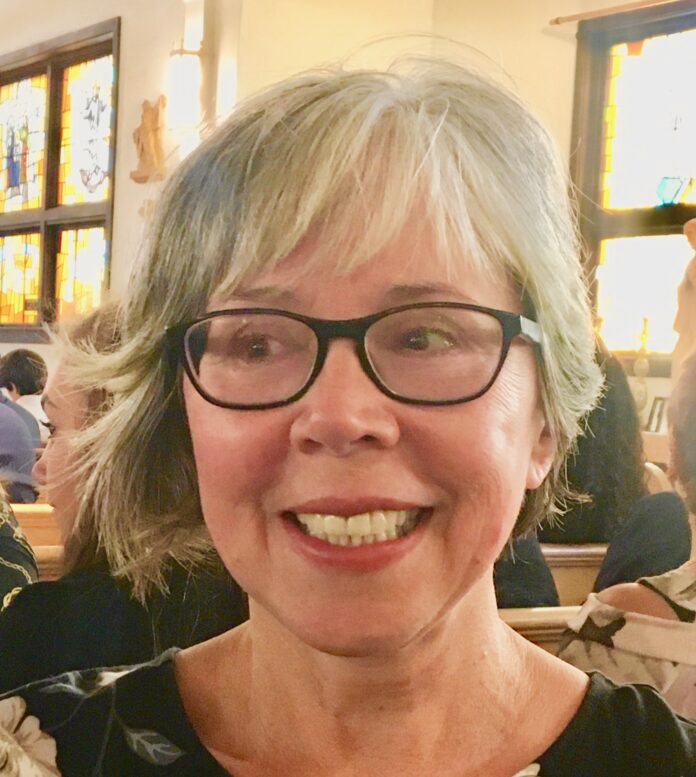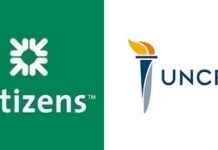Susan Greenhalgh is an accredited financial counselor and member of the Association of Financial Counseling and Planning Education with her own financial coaching business, Mind Your Money LLC.
She has a bachelor’s degree in business administration from Bryant University and more than 25 years of experience in business, most recently working as chief operating officer at Rhode Island Public Radio.
PBN: How is the work you do as an accredited financial counselor different than a certified financial planner?
GREENHALGH: In short, an accredited financial counselor goes through rigorous training to help individuals and families build a strong financial foundation, realize their goals and achieve lasting financial well-being.
I like to say we help clients connect with their money, find clarity and gain confidence. We work on money mindset, spending habits, how to reduce debt, increase income, all of the things that happen throughout a lifetime.
A certified financial planner also helps folks with their financial plans. They too go through a rigorous training and, in some cases, can also sell insurance and investments, unlike an accredited financial counselor. Because of the ability to sell insurance and give investment advice, they are licensed by the state. An AFC is certified through a national organization.
After working with a financial counselor or coach, clients are better prepared to meet with a CFP to make more-informed decisions around insurance, they may now have more money to invest and they definitely have more confidence about money.
I always advise people to do their research and interview anyone they are considering hiring and obtain references.
PBN: How has your work with business clients, as well as individuals, been affected by the new coronavirus?
GREENHALGH: I think most people are still processing what this unprecedented health and financial crisis means for both the short and long term. Unemployment rose so sharply and quickly, and everyone who had money in the market saw the value decline. All of us have been touched in some way financially.
For the business owners, it’s a double whammy because not only are their own finances affected, they have employees who depend on them. For those who are aware of them, there has been a scramble to apply for the programs intended to shore up businesses, employees and the self-employed.
For those who have never been very connected to their money, it’s a really hard time. Many don’t know where to turn to for guidance. I’m trying to change that by offering free 45-minute consultations through April. My feeling is that we are all in this together.
PBN: What are the most frequently asked questions you have been getting regarding financial well-being during this prolonged economic shutdown?
GREENHALGH: We were all just blindsided by the shutdown of our economy. Most people are asking about resources that are available. Gig workers, artists, musicians and the self-employed have never been able to apply for unemployment until now, so that’s all new to them.
For business owners, the PPP – the Paycheck Protection Program, and EIDL – Economic Impact Disaster Loan – programs can be a lifesaver, but they are complicated and take time to understand and apply for. To address that, I’m learning all I can to help people apply for benefits for themselves and their businesses, and to get the word out about what is available.
PBN: What advice would you give to businesses about shoring up their finances and planning for the future during this time?
GREENHALGH: Take advantage of every opportunity that the government is offering to shore up your business. In the short term, call your mortgage and /or business lender to take advantage of possibly delaying payments, call for a reduction in credit card interest rates, cut spending where possible and consider how you might run your business in a new “normal.”
As always, for your financial well-being, I advise to check your credit score and your credit report. Beware of scams. If you have an emergency fund, now is the time to really see what it will cover and for how long. You have permission to use it if it’s for food, housing, medicine and other needs!
PBN: How is the current crisis similar or different to the 2008 recession?
GREENHALGH: In 2008, the financial sector had huge problems and housing was in crisis when the bubble burst. People lost their jobs, their homes and most of the value in their portfolio. Some big investment firms failed, and many banks were not in great shape. In my opinion, regulation helped correct those problems, and banks and financial institutions are in a much better place now.
For 2020, we have a virus that is so contagious it has stopped the world in its tracks. I think there will be more difficult days to come, but eventually we will end up stronger and smarter, better able to work remotely, and with a greater sense of our connectedness.
Nancy Lavin is a staff writer for PBN. Contact her at Lavin@pbn.com.













